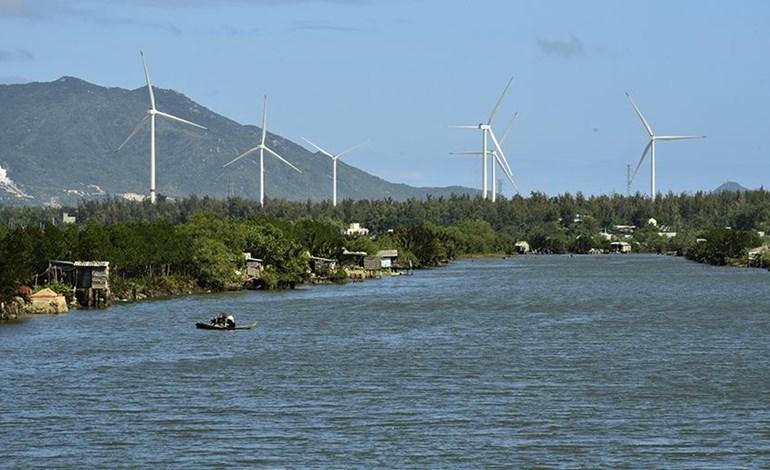IEF’s new report highlights emerging ‘north-south’ divide that could impact pace of the energy transition
Advanced countries need to deepen their engagement with developing nations to ensure a more inclusive energy transition globally.
A new report published by the International Energy Forum warns a new “north-south divide” could impede the pace and priorities of energy transition.
The IEF report entitled Shaping a Living Roadmap for Energy Transition, is the outcome of a global series of roundtables held over the last ten months in Cape Town, Bali, Riyadh, Washington DC, Panama City and Davos.
The study presents the diverse viewpoints expressed by the 350 participants from industry, government and civil society designed to unearth lessons from the recent energy crisis, which has had a profound impact on energy policies and energy transition priorities around the world.
The report was prepared in collaboration with S&P Global Commodity Insights.
Hosted by IEF secretary general Joseph McMonigle and vice chairman of S&P Global Daniel Yergin, the dialogues revealed a growing consensus that expectations of a linear transition of the energy system that adheres to a single net zero path globally are not sufficient.
Instead, a “multidimensional” approach is required, one that is inclusive of different situations in different parts of the world; reflects varied starting points and diversity of policy approaches; and is equitable, according to the report.
“A series of shocks, crises and tensions in the global energy system have rendered the energy transition more complex as climate goals coexist with energy security, energy access and affordability and other priorities,” said Yergin.
“Transitioning a $100tn global economy in a quarter century is a big challenge.”
Reflecting concerns expressed by the roundtable participants, the report said that “focusing on a singular pathway to achieving net zero emissions by 2050 could undermine achievement of other sustainable development objectives, constrain financing for critical energy projects and put at risk the necessary public support for climate policies”.
The study noted significant policy moves in developed markets, with hundreds of billions of dollars of new funding and incentives expected to cut emissions in the United States, Europe, Japan and China and drive research into new decarbonisation technologies, as well as expanding market share for electric cars.
“The path to net zero will have to travel via the global south and therefore it is in everyone’s interest to collaborate and cooperate for the shared goals to achieve net-zero,” it said.
Developing countries, which assert that they have little responsibility for the historical accumulation of CO2 in the atmosphere, are expected to drive growth in energy demand for the next 30 years, the report said.
Participants from the developing countries of the global south argued that “depending on their access to energy resources both indigenous and imported, financing needs and geography, many of these countries need access to hydrocarbons to raise their standard of living before their emission trajectories change”.

